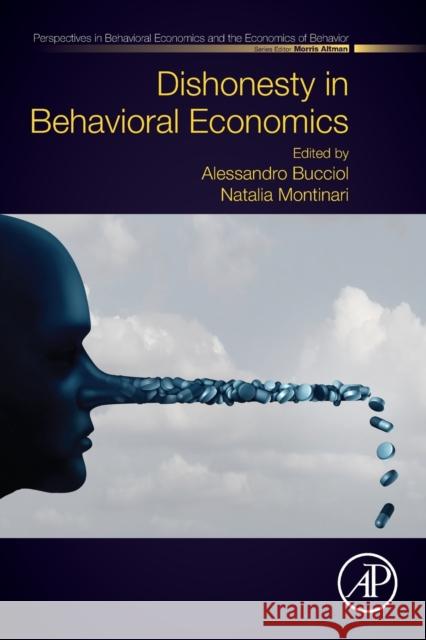Dishonesty in Behavioral Economics » książka
topmenu
Dishonesty in Behavioral Economics
ISBN-13: 9780128158579 / Angielski / Miękka / 2019 / 360 str.
Kategorie:
Kategorie BISAC:
Wydawca:
Academic Press
Seria wydawnicza:
Język:
Angielski
ISBN-13:
9780128158579
Rok wydania:
2019
Numer serii:
000823242
Ilość stron:
360
Waga:
0.48 kg
Wymiary:
22.86 x 15.24 x 1.91
Oprawa:
Miękka
Wolumenów:
01











